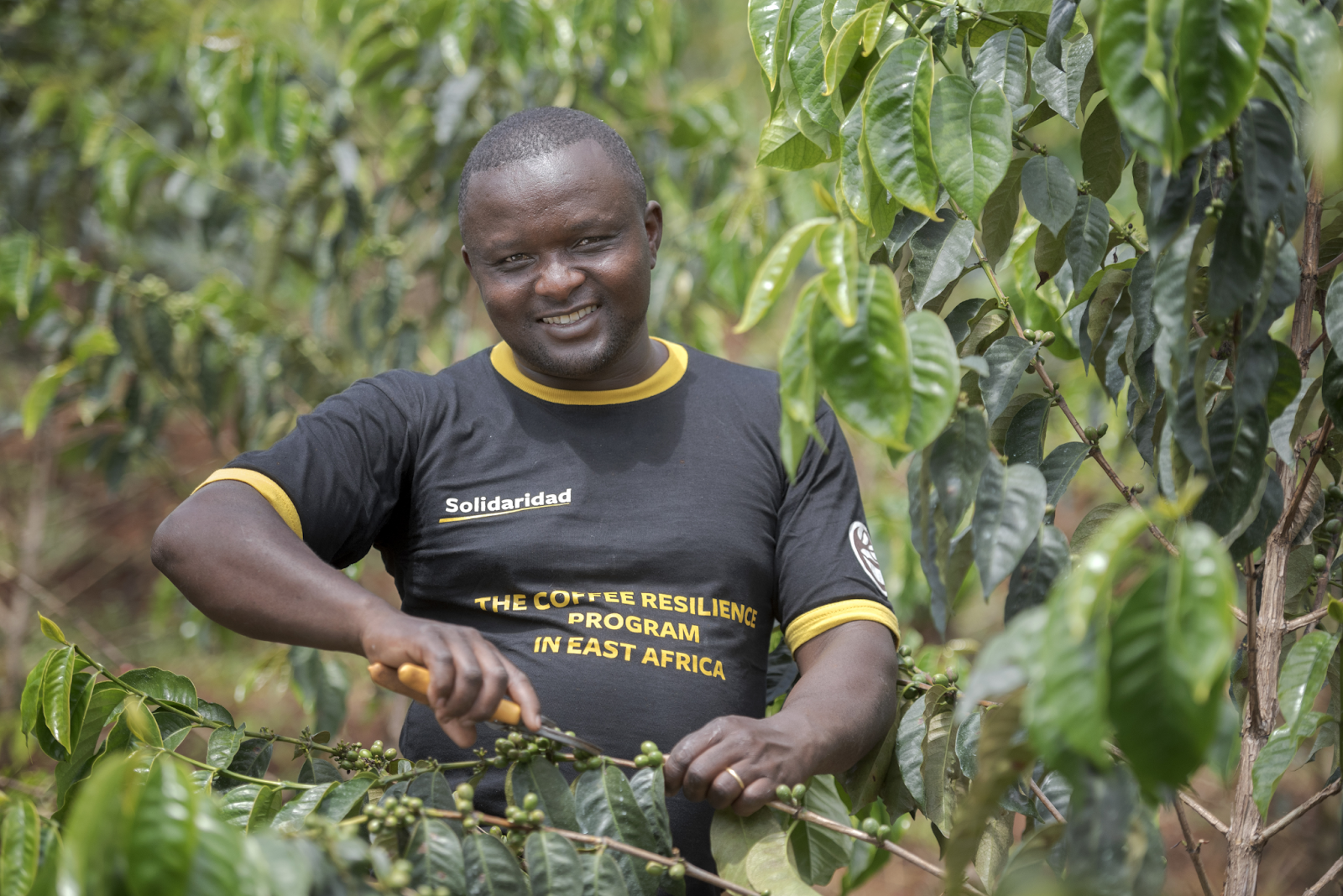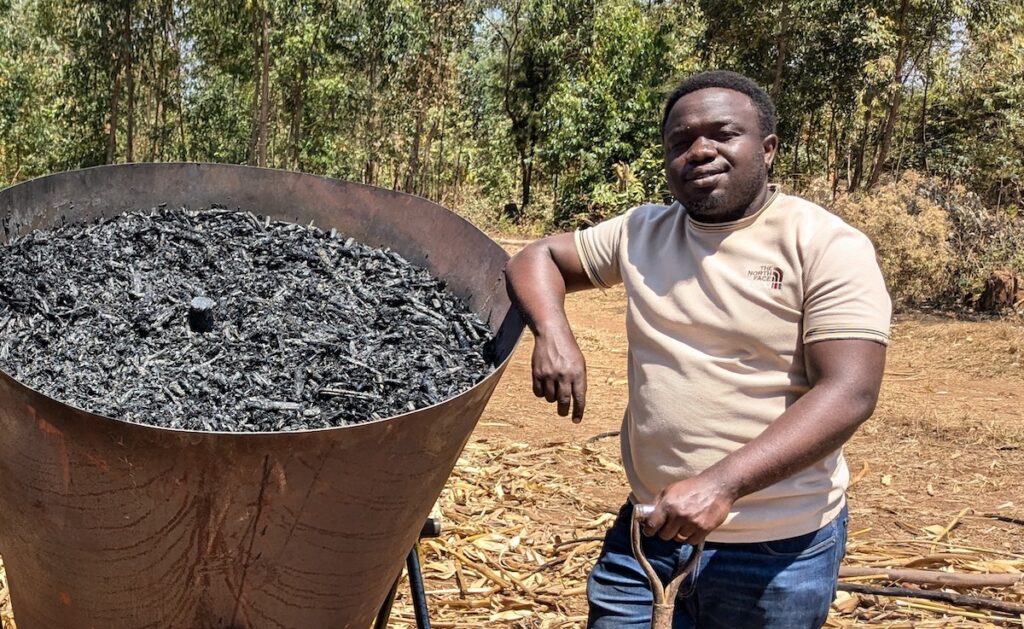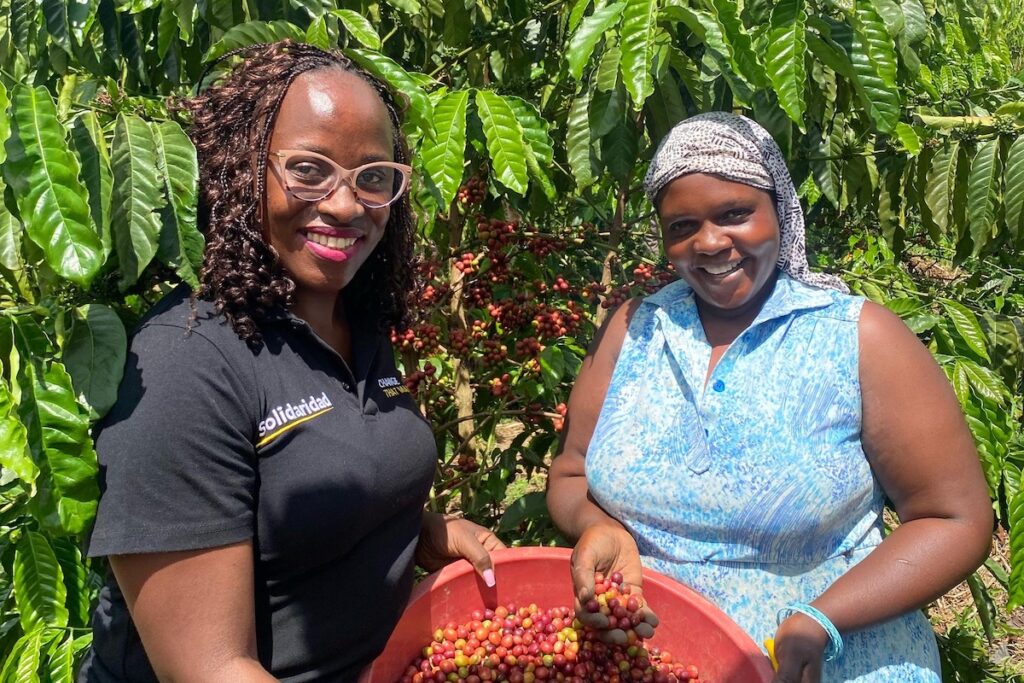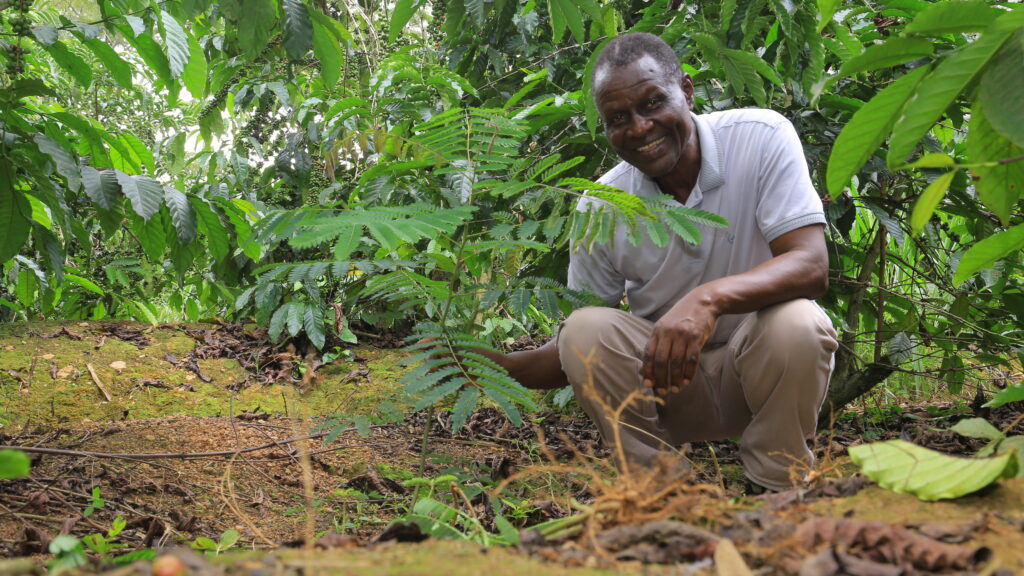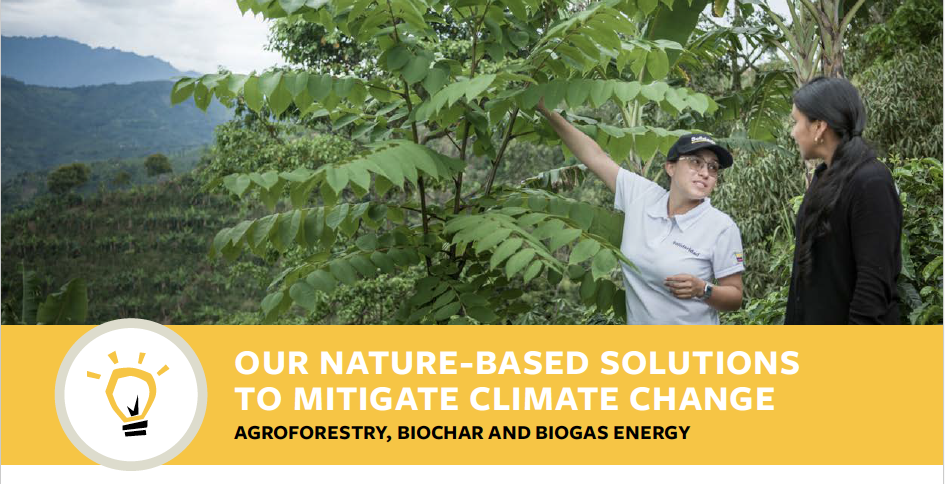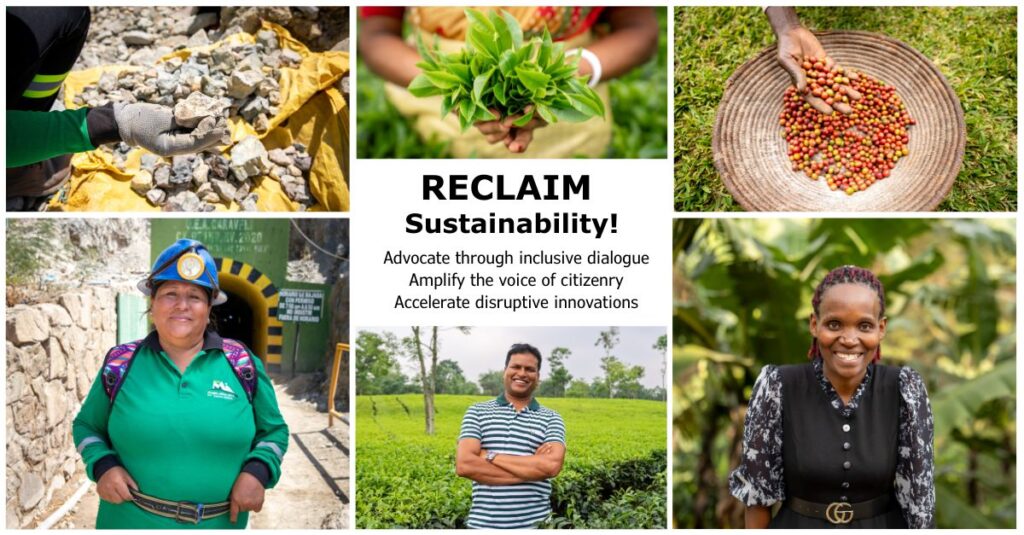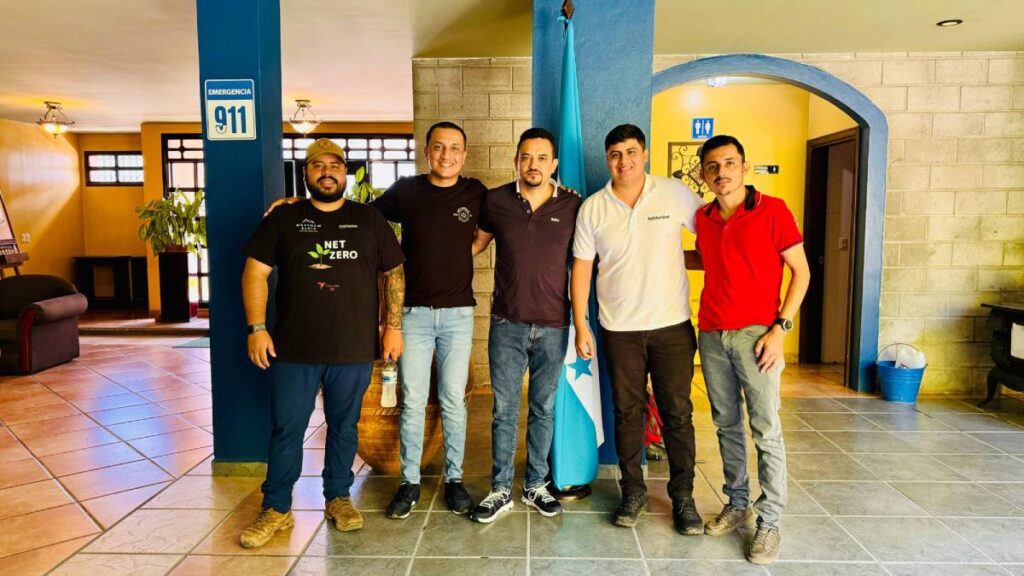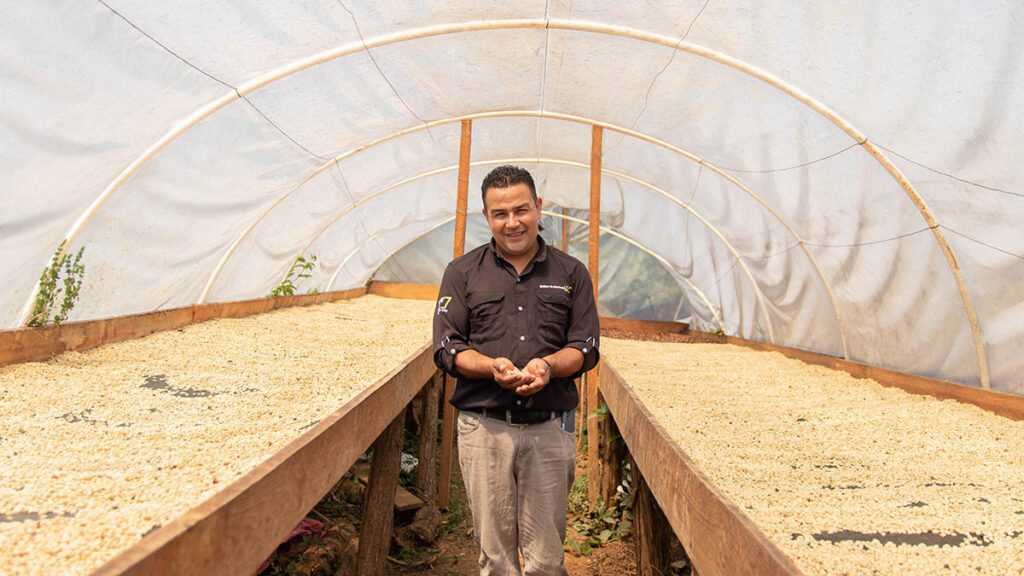Unique Barriers to Youth Participation in Coffee Production
As in many parts of the world, youth (and women) play a critical role in smallholder coffee production in Kenya. The sector however remains male dominated, with youth (and women) playing limited roles as helpers to an older generation. The participation of youth (and women) has traditionally been limited to the supply of unpaid labour or low wages often limiting effective participation in decision making on coffee production. Coupled with other factors, the low participation of youth (and women) in coffee production in Kenya has contributed to a decline in coffee production from an average of 130,000 tonnes to around 40,000 tonnes per year. There is therefore a business case for their active engagement and inclusion in the sector.
Key players in the coffee value chain have argued that to revitalise this sector, Kenya must, among other things, position coffee production as an attractive venture for a new generation of farmers in ways that foster youth and women involvement in production and management of coffee cooperatives.
Boniface Mureti is a young coffee farmer who admits that he chose a different path
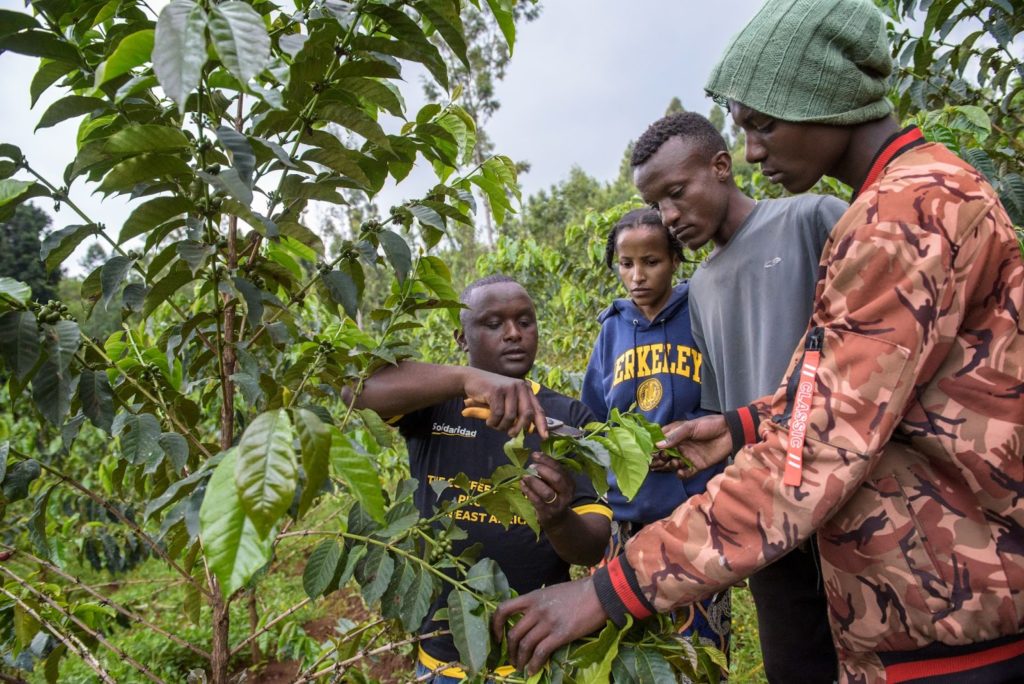
Unlike most young people in his community, he ventured into coffee farming, a decision he says many young people would still struggle with given the prevalent barriers to their participation in coffee.
Boniface’s drive and dedication to make coffee a viable livelihood for his family continues to inspire many of his peers to become the next generation of coffee farmers – he however notes that his has been a journey of resilience, learning, and continuous improvement. Prior to receiving training on good coffee agronomy from Solidaridad, Boniface was harvesting 2 kilogrammes of cherry per coffee tree. The low yields were attributed to lack of knowledge and skills in good farming practices.
“Solidaridad, through the Practice for Change Coffee Resilience Programme (PfC Coffee), enabled me to gain critical knowledge and skills on good coffee management,” Boniface said.
Since I started applying the knowledge and skills, my production has increased from 2 to 5 kilogrammes of cherry per tree.
Boniface Mureti
Increasing coffee yields and enhancing the quality is crucial as higher productivity could translate into decent incomes for smallholder farmers, which enable them to provide their families with good quality food, healthcare, education, and standards of living.
A New Generation of Coffee Farmers in Kenya
In addition to the training support, Boniface worked with Solidaridad through PfC Coffee to provide mentorship to other youths in Meru County to venture into coffee production. In recent years, Boniface has been using his own experiences to train and persuade other young farmers to pursue coffee farming to create employment opportunities and generate income.
The increase in production has increased my income. Unlike in the past, coffee has now enabled me to pay for my son’s school fees and build a stone house for my young family.
Boniface Mureti
Now a model young coffee farmer in his community, Boniface volunteers his time to mentor other youth on good coffee agronomic practices. Since he started mentoring, he has persuaded 9 youth to get into coffee farming. Coffee farming, he shared, is a critical sector capable of transforming young people into meaningful members of society by addressing the increasing unemployment. Boniface’s goal is to train more youths on good agricultural practices to enable them to transform coffee farming into a profitable business and more importantly, improve their quality of life.
“As a group of young coffee farmers, we also provide services to other coffee farmers including pruning and spraying to earn extra income,” he added.
The youth offer a dynamic workforce with high potential for knowledge, innovation, and technology adoption. On the other hand, the coffee and agriculture sector in general, presents unique opportunities for the creation of employment to absorb the youth and contribute to the reduction of unemployment and poverty. Although it remains unattractive to youth, the sector’s prospects for growth are promising.
Fully exploiting the potential of youth like Boniface and other budding youth coffee farmers to drive sector growth and sustainability is critical. To this end, Solidaridad continues to tailor solutions to enable more youth to participate in and benefit fairly from the coffee value chain. Our interventions include provision of information on market access, production factors including land and financing to enable youth to overcome typical barriers to engagement of the youth in agriculture.

